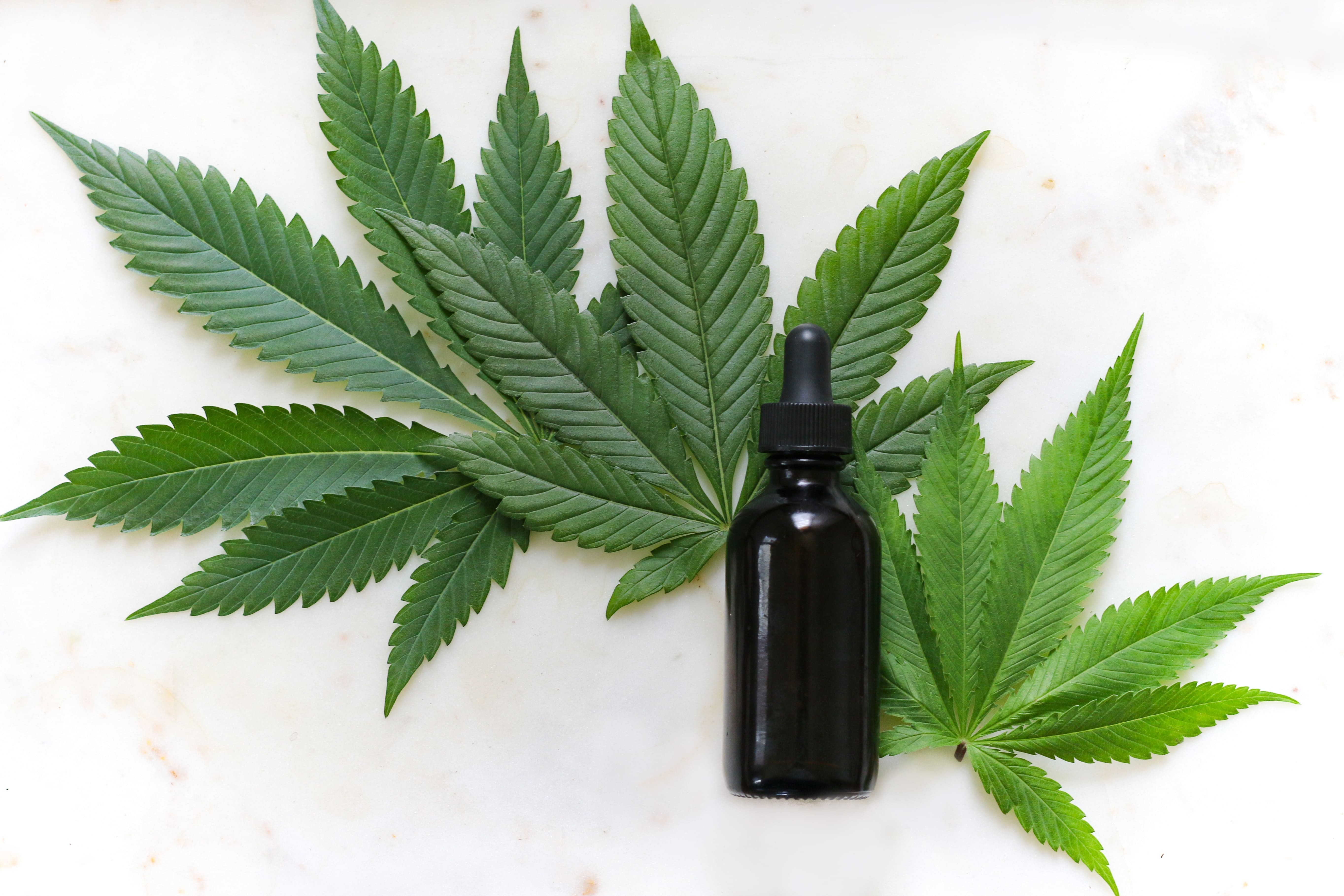Politics
Minnesota Governor Signs Bill To Clarify Legality Of CBD-Infused Hemp Foods And Drinks

The governor of Minnesota on Thursday signed a large-scale bill into law that includes provisions to provide permanent protections allowing state hemp businesses to legally market certain cannabis products—including foods and beverages infused with CBD and other cannabinoids.
Gov. Tim Walz (D) signed the omnibus legislation without specifically addressing the cannabis components, instead focusing in a press release on separate provisions aimed at addressing the opioid overdose crisis.
But for the industry, the enactment of the measure marks an important step in the push for clear hemp policy reform. Advocates remain disappointed, however, that broader marijuana legalization didn’t advance through the GOP-controlled Senate this session, despite a recent effort by Democratic leadership to force a vote ahead of a legislative deadline.
What the now-signed measure will do is permanently correct a legislative drafting problem that emerged after state lawmakers sought to align Minnesota’s hemp policy with that of the federal government, which legalized the crop as part of the 2018 Farm Bill.
It will make it so all hemp-derived cannabinoids including CBD could be legally sold in food items, beverages, topicals and more—as long as the products contain less than the federal limit of 0.3 percent THC. Edible and beverage products will need to be limited to a total of 5 mg THC per serving and 50 mg per package.
The THC limit will apply to all forms of the psychoactive compounds, including the most widely known compound delta-9 THC, as well as other increasingly popular derivatives like delta-8 that exist in an especially grey regulatory area in many state markets—although a federal court ruled last month that the isomer is legal under the Farm Bill.
Notably, the bill also creates an age limit for the sale of any hemp-derived cannabinoids, making it so they could only be sold to adults 21 and older. There will also be new testing, labeling and packaging requirements for hemp products.
Advocates have pushed for several reform proposals this session—with separate measures that would have expanded the state’s marijuana decriminalization policy by including non-flower forms of the substance not making it across the finish line—but they view this development as an interim victory that will help pave the path to broader reform when the 2023 session starts next year.
Senate Minority Leader Melisa López Franzen (D) tried last month to advance broader legalization through a a procedural mechanism that would have required a supermajority of 41 votes to advance. But it failed, as expected. A House companion version did pass that full chamber last year.
—
Marijuana Moment is already tracking more than 1,000 cannabis, psychedelics and drug policy bills in state legislatures and Congress this year. Patreon supporters pledging at least $25/month get access to our interactive maps, charts and hearing calendar so they don’t miss any developments.
![]()
Learn more about our marijuana bill tracker and become a supporter on Patreon to get access.
—
Back in January, House Majority Leader Ryan Winkler (D) and López Franzen discussed their plans to advance the cannabis reform this session.
Winkler said at the time that his bill, which moved through 12 committees before being approved on the House floor last year, is the “product of hundreds of hours of work involving thousands of people’s input, countless hearings and public listening sessions.”
Separately, certain Democrats including staff for Winkler have found themselves caught up in a controversy over an alleged (and ultimately unsuccessful) attempt to change the name of a third party focused on marijuana that some have seen as undercutting Democratic support on the ballot in past cycles to one instead meant to appeal to far-right conservatives in an apparent attempt to siphon votes away from Republicans in the upcoming election.
For his part, the governor is supportive of marijuana legalization, and he included funding to implement the reform in his annual budget request to lawmakers in January.
While he declined to propose putting dollars toward implementation in his prior budget request, Walz said this year that he wants funding for multiple programs and departments to launch an adult-use marijuana market in line with the House-passed bill.
Previously, in 2019, the governor directed state agencies to prepare to implement reform in anticipation of legalization eventually passing.
While legalization wasn’t ultimately enacted following the House’s passage of the bill last year, the governor did sign a bill to expand the state’s medical marijuana program, in part by allowing patients to access smokable cannabis products.
A poll conducted by Minnesota lawmakers that was released last year found that 58 percent of residents are in favor of legalization. That’s a modest increase compared to the chamber’s 2019 survey, which showed 56 percent support.
The House majority leader said in 2020 that if Senate Republicans don’t go along with the policy change legislatively, he hopes they will at least let voters decide on cannabis as a 2022 ballot measure, but it does not seem that will happen this year.
New York Taxpayer-Funded Ad Slamming Racist Marijuana Criminalization Laws Airs During NBA Finals
Photo by Kimzy Nanney.




